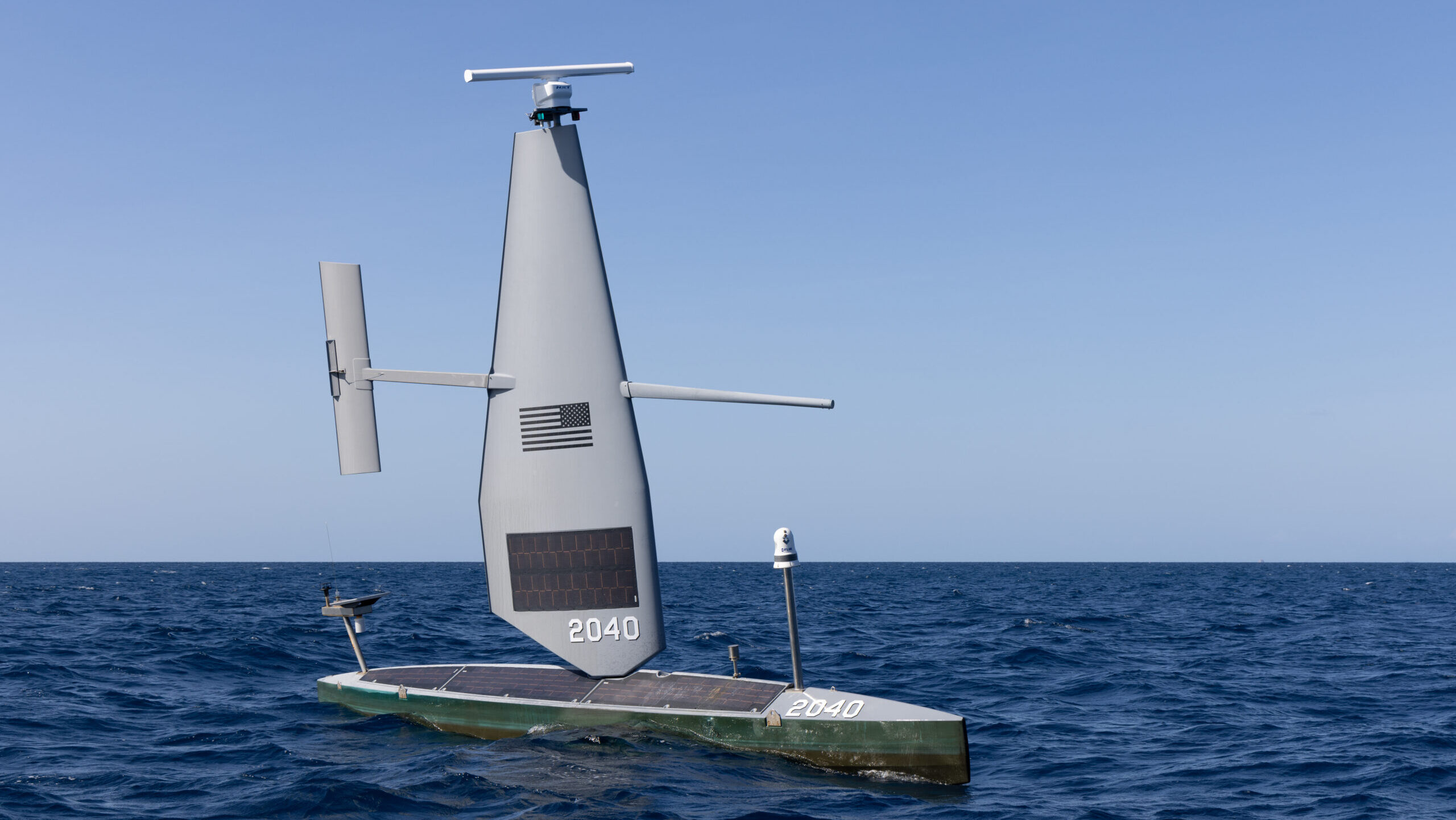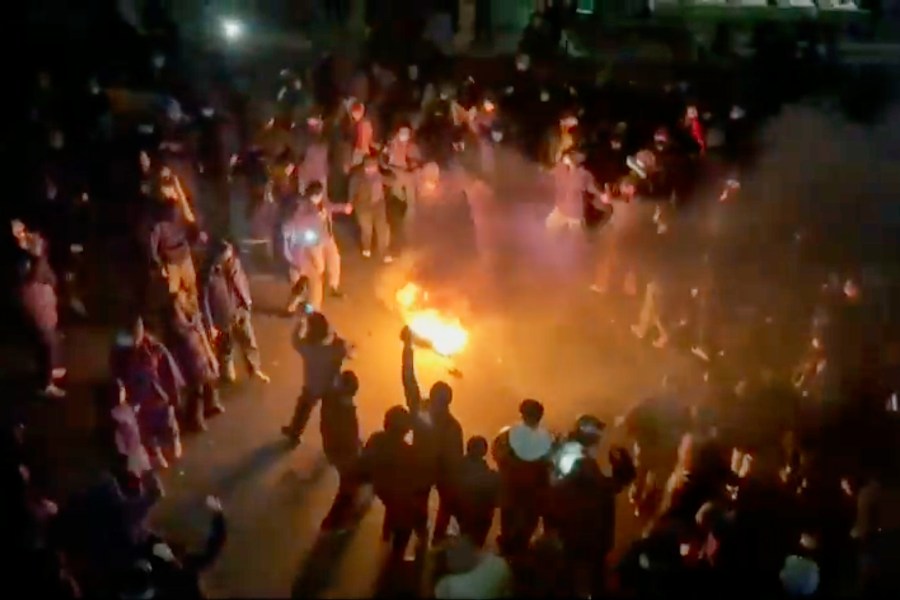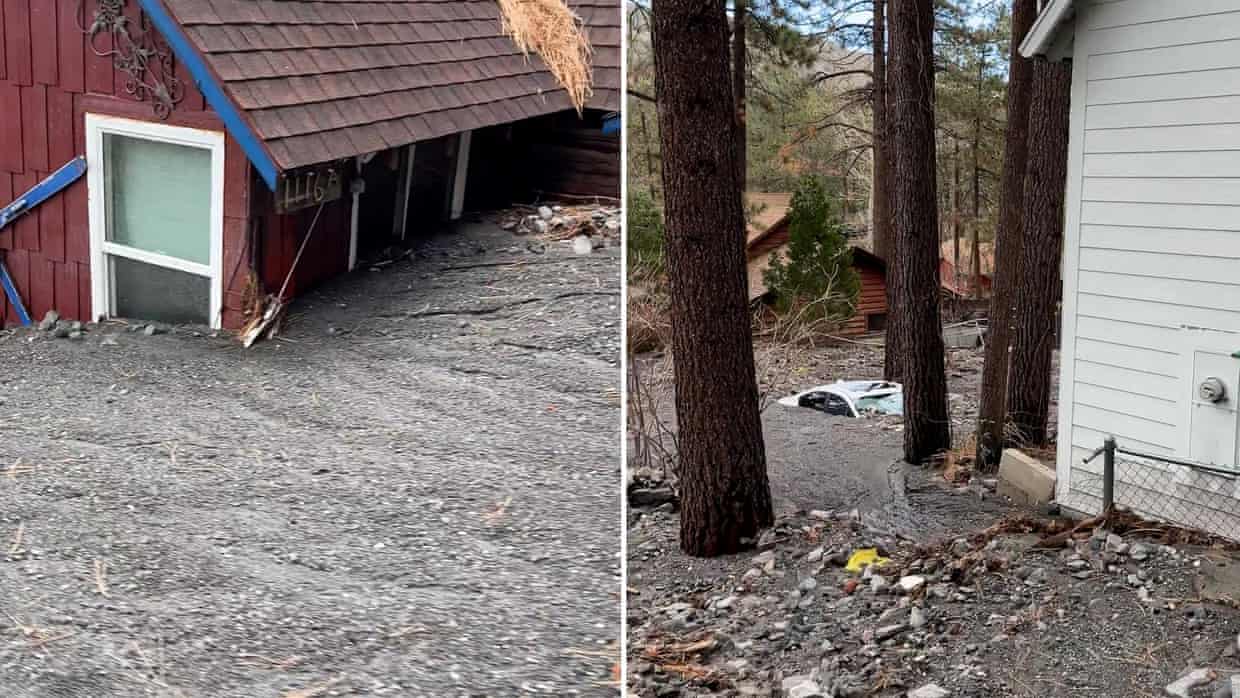At the recent AFCEA TechNet Indo-Pacific conference in Hawaii, Lt. Gen. James Glynn, commander of Marine Corps Forces Pacific, called on the defense industry to provide more prototypes for military testing. He emphasized the urgent need for rapid innovation in the Indo-Pacific region, where speed is essential for operational success.
During his address, Glynn stated, “When you come with a prototype, don’t come with one with the intention to take it home with you and all the data that was collected while we conducted an exercise together.” He encouraged companies to bring multiple prototypes to exercises, proposing that they leave some behind for further evaluation and refinement. “Come with five. Take one or two home and leave three with us and we’ll continue to work on it,” he added.
The general highlighted the importance of access to data generated during these tests, which can help improve military capabilities. Glynn noted that the landscape of modern warfare demands quick solutions rather than lengthy development processes. “Partner with us to fail. Got no problem when it doesn’t work,” he said.
Emphasizing Speed and Innovation
Glynn pointed to the Joint Fires Network as a prime example of how rapid prototyping can meet immediate military needs. This initiative was designed to enhance battle management and deliver real-time, actionable threat information to joint and partner forces. It originated from a collection of promising prototypes that were combined to create a functional capability, regardless of whether they had been formally adopted as a program of record.
“It didn’t matter at the time that it wasn’t a program of record,” Glynn stated. “I don’t care. It’s what we’re using, it’s what we’re going to have to use, we have to move at speed.” He underscored the critical role of industry partners in providing prototypes that can be rapidly tested and iterated upon.
Glynn expressed his concerns regarding the timeline for prototype delivery, stating, “What’s my biggest concern? Your ability to provide those prototypes, your trust to leave those prototypes, and our ability to continue to turn prototypes into programs of record.” He stressed that the military operates on a timeline of weeks and months, rather than years, in the Indo-Pacific.
As military operations evolve, the need for swift adaptation and innovation becomes increasingly crucial. Glynn’s call to action serves as a reminder of the collaborative effort required between the military and industry to ensure readiness in a complex global landscape.







